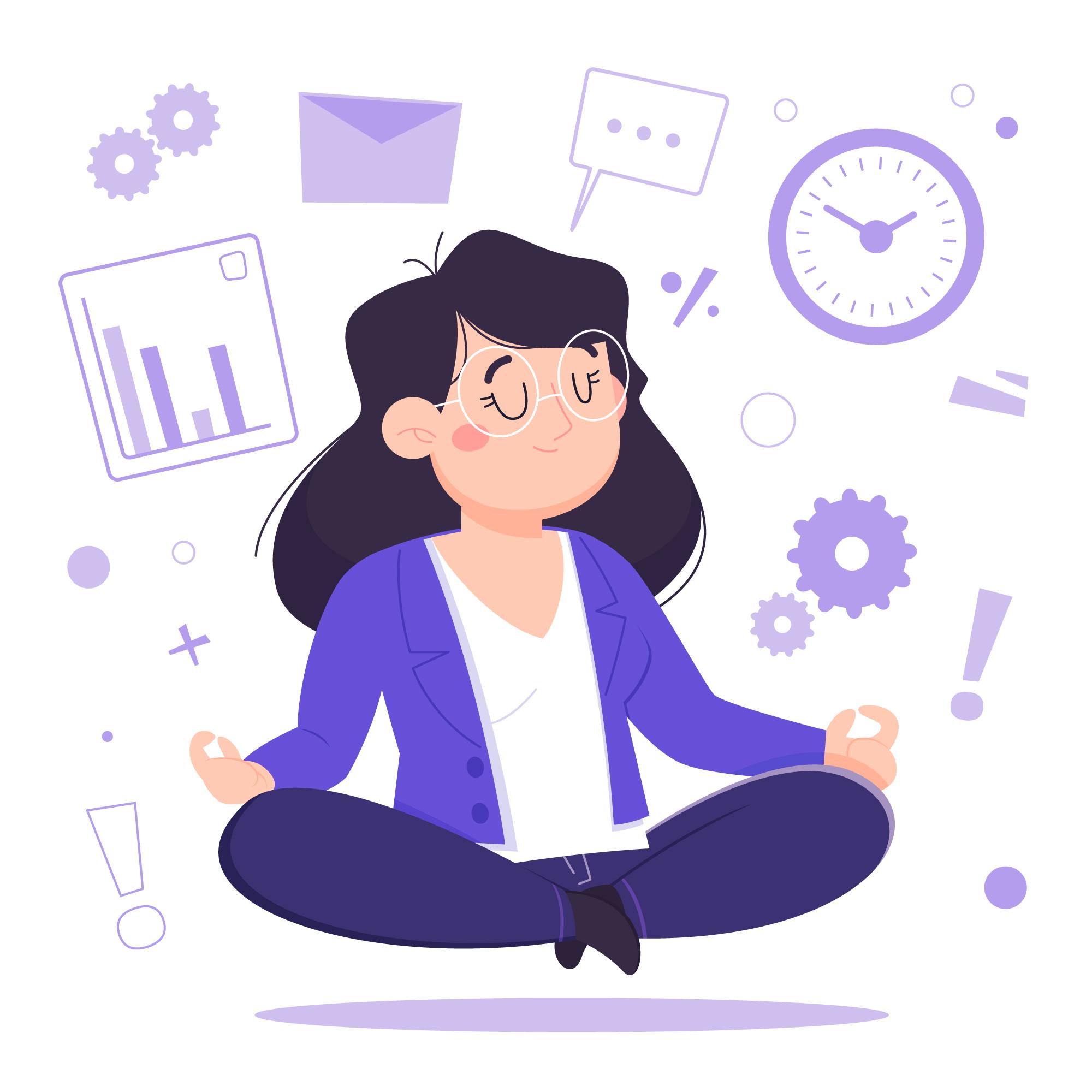Insight Pain Management – Migraine headaches affect an estimated 10 percent of people worldwide and can have a profound impact on a person’s quality of life and daily functioning. Treatment often requires a comprehensive approach that combines medications, lifestyle adjustments, and self-care strategies. While most people are able to manage their migraine pain effectively after a diagnosis, finding a management approach that meets your unique needs can also be daunting and seem out of reach. To help minimize the impact on your quality of life, here are five tips for managing chronic migraines after a diagnosis.
Identify Your Triggers
Every person who experiences migraine headaches will find that certain triggers (or stimuli) can increase the likelihood of an attack. Common migraine triggers include foods, dehydration, weather changes, bright lights, and strong odors. It is important for people with migraines to keep track of triggers and patterns that bring on symptoms by keeping a diary. Not only will this help you pinpoint what to avoid, but it will also be valuable in helping your healthcare provider develop a personalized treatment plan tailored to your unique needs.

Find a Support System
A strong support system can play an important role in helping you manage chronic migraines more effectively. Whether it is understanding friends, family, and colleagues or a community of other migraine sufferers, supportive people can offer empathy or encouragement during challenging times and reduce feelings of isolation and anxiety common in people experiencing chronic conditions.
Maintain a Regular Sleep Schedule
Your sleep schedule could be a significant factor if you are dealing with chronic migraines. Irregular sleep patterns, lack of sleep, oversleeping, and overstimulation before bedtime can all contribute to the frequency and severity of migraine attacks. To reduce the impact on chronic migraines, try simple steps like going to bed and waking up at the same time every day of the week, maintaining a comfortable sleep environment, and avoiding caffeine intake in the evening.

Stay Hydrated
Hydration may not be top of mind when thinking about migraines. However, dehydration is a major trigger for migraines that can impact both frequency and severity of symptoms. To reduce the number of migraines you experience, drink an adequate amount of water throughout the day for your age, sex, and activity level. Certain foods, such as fruits and vegetables, also have high water content and can contribute to your daily fluid intake. Two things to avoid are caffeine and alcohol, which both cause dehydration.
Manage Stress

Stress is a common trigger for people who experience chronic migraines, which is why it is important to understand which stressors impact you and develop effective coping strategies for when it occurs. For example, mindfulness, meditation, and deep breathing exercises can activate the body’s relaxation response. Regular exercise, social support, and hobbies or activities that bring you joy are also effective ways to counteract the effects of stress.
Chronic migraine management involves a combination of lifestyle modifications, stress management, and healthcare providers who will develop a personalized treatment plan based on your specific triggers and medical history. To learn more about chronic migraine care at Insight, contact Insight Pain Management today to schedule an appointment.
FAQ
Q: How are migraines different from headaches?
A: Headaches and migraines share many of the same symptoms, but have distinct characteristics. Unlike headaches, which tend to be short lived with mild to moderate pain, migraines are persistent, intense, and sometimes debilitating, with throbbing pain usually on one side of the head. Migraines are also often accompanied by other symptoms, including nausea and sensitivity to light, and are more strongly associated with triggers.
Q: Can migraines be cured?
A: Migraines cannot be completely cured. However, there are many effective treatments, including medications and lifestyle changes, that can reduce the frequency and severity of migraines and help people manage symptoms when they occur.
Q: Can migraines be treated without medication?
A: Yes. There are many natural approaches to chronic migraine management that help reduce symptoms and frequency of attacks. Some non-medication approaches include lifestyle and dietary changes, physical therapy, acupuncture, and cognitive behavioral therapy (CBT).

